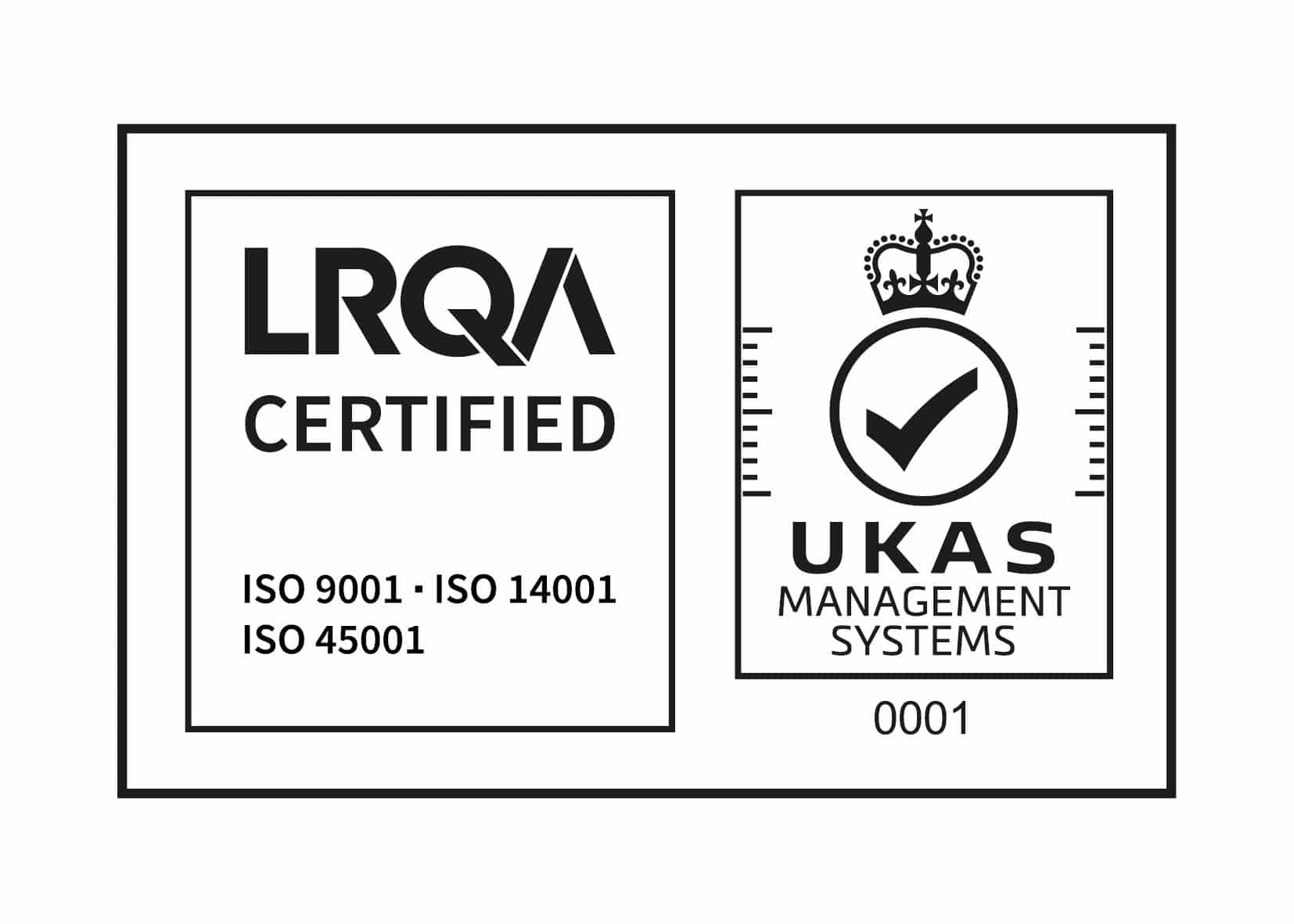What is Port Congestion?
Port congestion is a situation that occurs when there is a backlog of ships waiting to load or unload cargo at a port, causing delays and disruptions to the normal flow of operations.
This can result in ships having to anchor outside the port for extended periods, increasing fuel costs and potentially disrupting shipping schedules. Port congestion can be caused by a number of factors, including poor infrastructure, limited storage capacity, labor disputes, equipment breakdowns, customs delays, and increased shipping traffic.
The economic consequences of port congestion can be significant, as it can lead to higher costs for shipping companies, delayed deliveries, and lost revenue for businesses that rely on the timely transport of goods. The problem of port congestion is particularly acute in major shipping hubs and ports that handle large volumes of cargo, such as Shanghai, Los Angeles, and Rotterdam. Efforts to alleviate port congestion typically involve improving infrastructure and technology, increasing storage capacity, and streamlining operations.
Learn more about Port Congestion:


